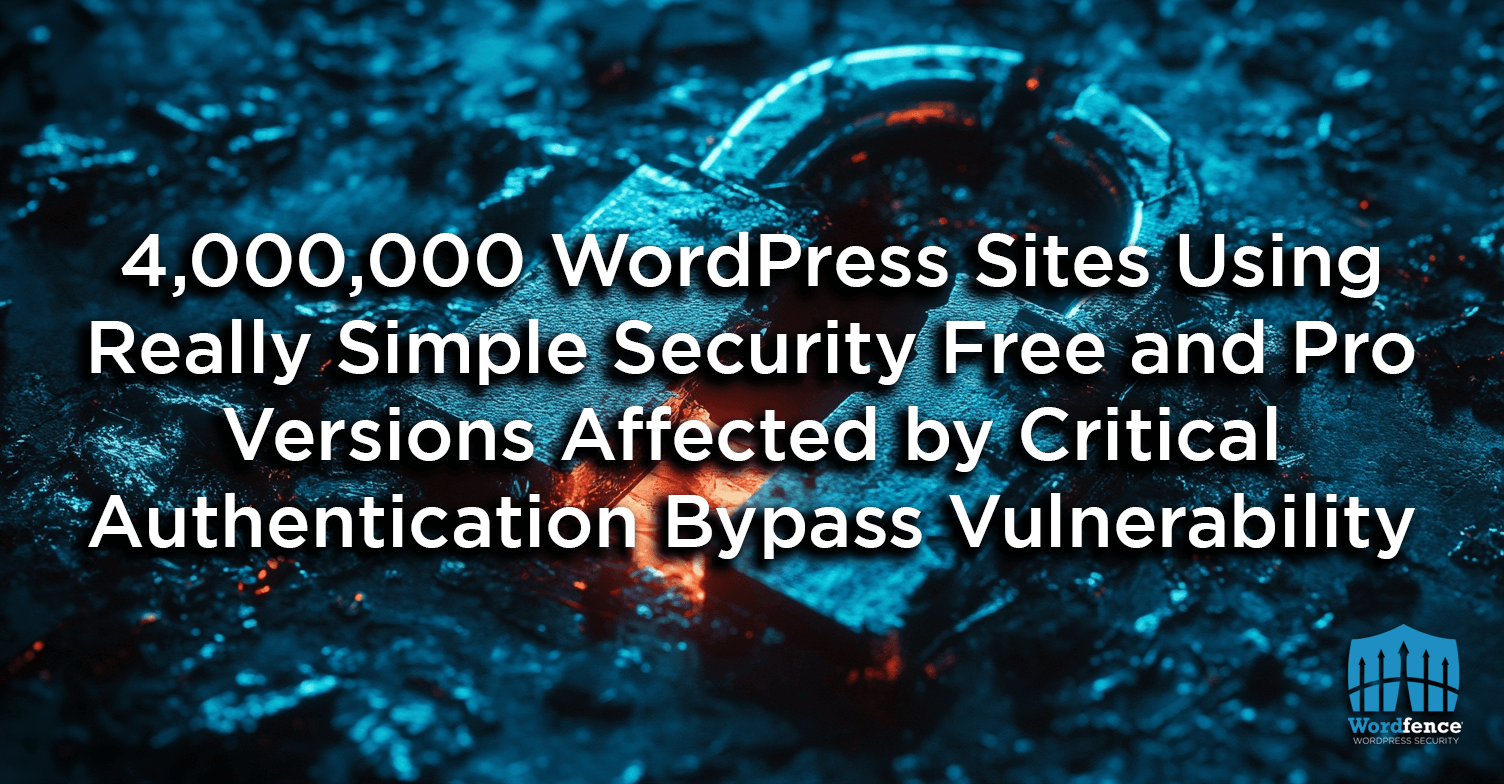The U.S. Department of Homeland Security (DHS), in collaboration with the Defense Threat Reduction Agency (DTRA) and U.S. Embassy Manila, conducted last week a high-impact maritime cybersecurity tabletop exercise and chemical security workshop with the Government of the Philippines. The exercise tested realistic scenarios involving sophisticated cyberattacks on critical port infrastructure, including automated cargo handling systems and communication networks. Participants evaluated the effectiveness of their existing emergency procedures, coordination mechanisms, information-sharing agreements, and communications plans.
Held in Manila, the event marks DHS’ third major Indo-Pacific maritime cybersecurity effort in 2024, following successful exercises with Indonesia and Japan earlier this year. These activities are part of a broader commitment to strengthening bilateral and regional cooperation to protect critical port infrastructure and bolster maritime security across the Indo-Pacific.
Building on existing regional cooperation and the inaugural U.S.-Japan-Philippines Trilateral Cyber & Digital Dialogue, the exercise included observers from the governments of Australia and Japan. Philippine public and private stakeholders, alongside U.S. experts, tackled complex simulated incidents that tested joint emergency response protocols and strengthened public-private sector coordination.
The exercise was organized by the DHS’s Office of Policy, Cybersecurity and Infrastructure Security Agency (CISA) and the USCG, with inputs and participation from the U.S. Embassy in Manila, and DTRA. Key participants included representatives from the Philippine Department of Transportation (DOTR) – specifically the Office for Transportation Security (OTS), as well as the Philippine Ports Authority (PPA), Philippine Coast Guard (PCG), Department of Information and Communications Technology (DICT), Philippine National Security Council, and ASIAN Terminal Incorporated.
Under Alejandro N. Mayorkas, Secretary of Homeland Security, the DHS has prioritized building strong Indo-Pacific partnerships, advancing a positive vision for cyberspace, and demonstrating the power of collective action to mitigate cyber risk across sectors. This latest collaboration reflects those priorities in action while enabling the U.S. Coast Guard (USCG) to deepen its efforts under President Biden’s 2024 Executive Order on Amending Regulations Relating to the Safeguarding of Vessels, Harbors, Ports, and Waterfront Facilities of the United States.
In June, the DHS said it is improving maritime cybersecurity in the Indo-Pacific by partnering with the Government of Indonesia under initiatives supported by the U.S. Department of State International Narcotics and Law Enforcement and U.S. Department of Defense Threat Reduction Agency programs. The agreement enhances the Comprehensive Strategic Partnership designed to fortify cybersecurity measures and safeguard maritime critical infrastructure against cyber intrusions and attacks. Additionally, it seeks to boost the security and resilience of the international maritime transportation system.
“Collaborating with the Government of Philippines was extremely beneficial to building an effective partnership, strengthening port systems cybersecurity, and sharing chemical security strategies,” said David Mussington, CISA’s executive assistant director for infrastructure security. “This joint exercise and workshop underscore the importance of international cooperation to help reduce risk and ensure we are equipped to respond to cyber and chemical threats.”
“The maritime domain underpins global economic security,” Robert Silvers, DHS Under Secretary for Policy, said in a media statement. “Strengthening cybersecurity partnerships in the Indo-Pacific isn’t just about protecting infrastructure — it’s about securing the trade routes that drive economies and sustain international commerce.”
“The Philippines Office for Transportation Security, in cooperation and collaboration with international partners, made significant improvements through its policy determinations and regulatory functions in the maritime sphere,” said OTS Administrator Undersecretary Crizaldo O. Nieves. “For the past years, we can proudly say that we have made significant strides toward safeguarding trade routes that are vital to our national economy and international commerce as well, and we continue to do so until this very day.”
“The long-standing alliance between the Philippines and the United States has contributed to peace, stability, and prosperity in the Indo-Pacific region for more than 75 years,” said Vice Admiral Andrew Tiongson, commander of the U.S. Coast Guard Pacific Area. “Similarly, our world relies on unrestricted maritime access and open sea lanes in the Indo-Pacific. Cyber actors routinely target maritime infrastructure, and the increase of regional maritime cyber threats requires tightly coordinated public/private and governmental defense against attacks, accidents, and disasters, as well as contingency planning and operational integration with a wide range of industries and domains to include our trusted partners.”
He added that strengthening relationships with Indo-Pacific partners through effective exercises is critical to ensuring long-term regional stability.
Following the exercise, DHS and the DTRA Cooperative Threat Reduction (CTR) Program hosted a workshop for public and private sector port security stakeholders, focusing on chemical security and risk management in the marine transportation system.
Experts from the CISA and DTRA provided briefings on strategies to mitigate risks tied to chemical weapon proliferation, emphasizing the U.S. approach to chemical security, public-private collaboration, and planning for high-risk chemicals. The USCG shared insights on maritime cyber incident prevention and response, fostering a shared understanding of maritime infrastructure risks between the two nations, and offering lessons learned from implementing cybersecurity regulations.
DTRA CTR continuously partners with the Government of the Philippines and DHS on programming and activities in the Philippines focused on developing a chemical security standard and a trained workforce; increasing capability and capacity to identify, monitor, and track chemicals of security concern; and enhancing capability and capacity to protect chemicals from unintended diversion and proliferation.
The exercise was organized by the DHS’s Office of Policy, CISA, and the USCG, with inputs and participation from the U.S. Embassy Manila, and DTRA. Key participants included representatives from the Philippine Department of Transportation (DOTR) – specifically the Office for Transportation Security (OTS), as well as the Philippine Ports Authority (PPA), Philippine Coast Guard (PCG), Department of Information and Communications Technology (DICT), Philippine National Security Council, and ASIAN Terminal Incorporated.
In August, the USCG and the Johns Hopkins Applied Physics Laboratory (APL) expanded their partnership aimed at tackling national defense and maritime security challenges. The deal outlines plans for collaboration on initiatives in areas such as additive manufacturing, autonomous operations, cyber defense, critical infrastructure protection, human factors engineering, sensor optimization, supply chain assurance, humanitarian assistance, and disaster response.























